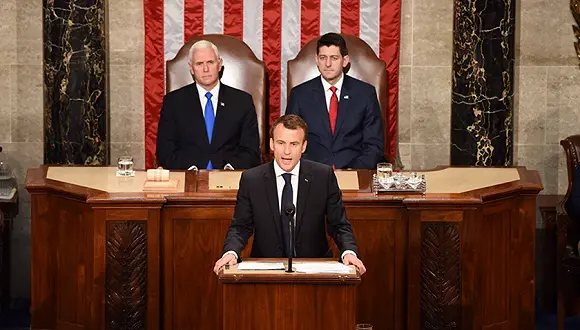Ghanaians have been glued to radio and television anticipating the terrific news since the most deadly virus broke out in Guinea, Liberia and Sierra Leone, and recently in Nigeria, claiming nearly 1,000 lives.
Their fears were heightened on Sunday when news filtered through that some persons suspected of having contracted Ebola were on admission at the Nsawam Government Hospital , some 36 km north of Accra, and the Komofo Anokye Teaching Hospital in Kumasi, some 270 km north of the national capital.
The Ministry of Health (MOH) has however denied the presence of Ebola Virus Disease (EVD) cases in Ghana, saying "there has not been a single confirmed Ebola disease in the country as of Monday".
Spokesman for the MOH, Anthony Goodman, told Xinhua that much of the information circulating around were just "exaggerations and fabrications".
"As of now, there have been more than 29 cases which were tested but proved negative," Goodman explained.
According to the World Health Organization (WHO), there have so far been 1,711 recorded cases of Ebola in the West African sub- region with 932 or more deaths recorded.
The WHO has thus declared the epidemic an international public health emergency.
The disease has wreaked havoc in particularly Liberia where dead bodies of victims are said to be left uncollected for days on the streets, resulting in public protests against the government, which seems to be overwhelmed by the level of devastation caused by Ebola.
The Liberian government has itself claimed its health facilities have been overwhelmed by the rapidly spreading disease.
The case assumes more serious dimensions in view of the fact that Ebola has not spared even medical doctors and nurses who have attended persons suffering from this epidemic, said to be worst ever killer in the world.
Ebola, which is fatal and kills infected persons in a matter of days, is spread through bodily fluids, sparking fears that even handshakes or bodily contacts could prove fatal.
Amid media reports that the Nsawam Government Hospital had admitted three persons whose symptoms pointed to suspected cases of Ebola infection.
This later proved to be false, with the Medical Superintendent of the hospital, Kofi Ablor, dismissing the reports as false.
He told Citi News that three patients were brought to the hospital on Saturday and were placed in a separate ward due to the intensity of their ailment.
All three persons, he said, were suffering from cholera but only two of them were bleeding heavily from their nose.
He said blood samples from the two bleeding patients had been sent to the Noguchi Institute for Medical Research for further tests which results had not yet been released.
A radio Ghana Report at the weekend also spoke of one Awudu Issah, 30, a Burkina Faso national, had died from a suspected case of Ebola at the Bawku Regional Hospital in the Upper east region of Ghana.
Ghana's minister of Communications, Edward Omane Boamah, has however promised Ghana will do all it can to keep the fast- spreading Ebola pandemic out of the country.
The recent outbreak of the disease is the deadliest since 1976 when a little over 600 human cases were reported, out of which 431 died in the Democratic Republic of Congo and South Sudan.
"As a country, we should be able to first prevent the disease from crossing our borders. If it does, we must control it; and all of these can be done by educating the public," Boamah said while addressing the seventh Presidential Luncheon of the Institute of Public Relations, Ghana at the weekend.
Though government officials have denied the presence of Ebola in Ghana, many still are hounded by the possibility of its spread to Ghana.
Ghanaians have therefore been asked to desist from their popular and warm handshake and cautioned to wash their hands thoroughly and use sanitizers before touching food as a precautionary measure.
Prevention is better than cure, and that is what is holding at the moment throughout Ghana.
 简体中文
简体中文

